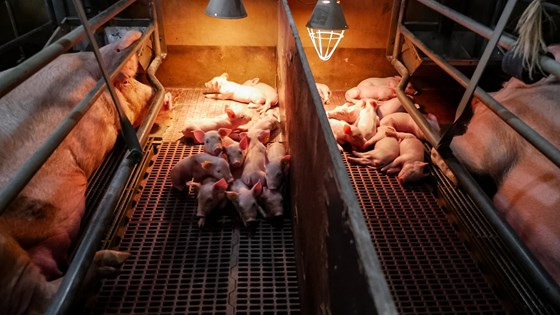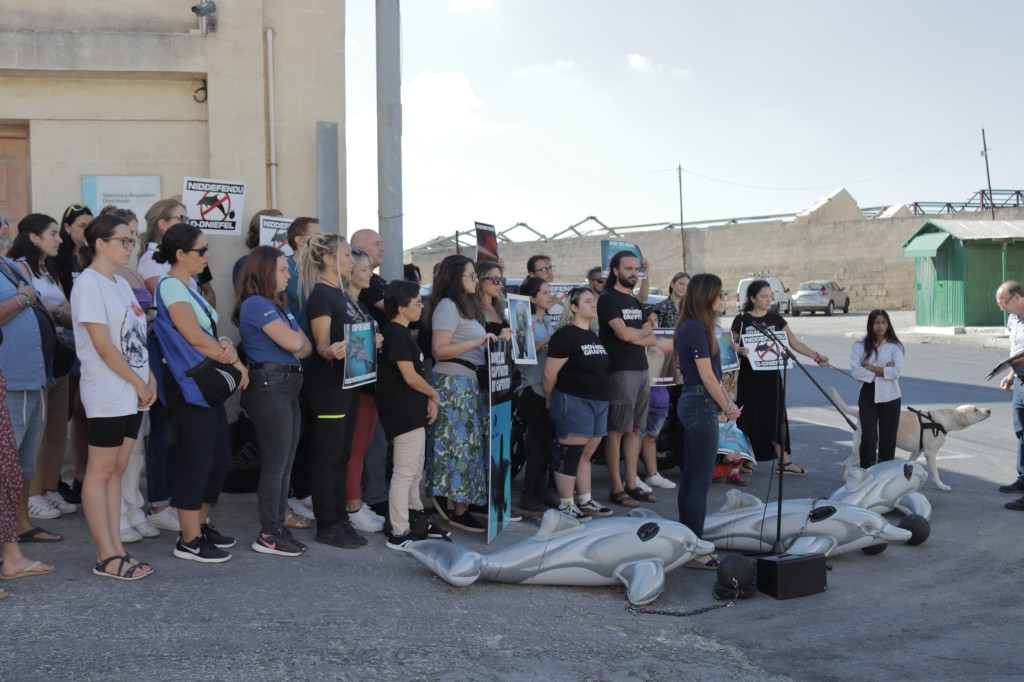Several non-governmental organisations are urging the Government to reconsider universal energy credits in Budget 2025. They claim untargeted one-off energy credits, like those introduced in the past two budgets, are a less effective use of public funds to tackle energy poverty than targeted interventions.
The groups - which include Friends of the Earth, Age Action, Social Justice Ireland and the Society of St Vincent de Paul - want to see targeted measures that will provide “immediate support and lasting relief” for households facing energy poverty.
“We're basically saying that we need to see targeted measures in Budget 2025 instead of the universal electricity credits that we've seen over the past couple of years,” she said.
“If you look at 2023, €1.2 billion was spent on these universal energy credits - but despite this, half a million people still went without heating in 2023.
“That's one fifth of single-parent households and 27% of people with disabilities.
“So we think high energy costs are disproportionately impacting on low-income and vulnerable households like older people [and] disabled people but we're not seeing targeted support from the Government.”
Targeted Support for Energy Poverty
Ms O’Connor said while there are targeted measures like the Fuel Allowance, these are not enough to help those most at-risk.
“Actual rates of the Fuel Allowance haven't increased in line with inflation over the past number of years,” she said.
“What we're calling for is a permanent increase in social welfare payments like the Fuel Allowance and to restore its purchasing power because the purchasing power of the Fuel Allowance has gone down, actually, in the last number of years.
“So we need to see the purchasing power of that restored but also expanding its eligibility for low-income families like people on the Working Family Payments.
“Expanding the eligibility of the Fuel Allowance will also allow people to avail of the fully-funded retrofit schemes.”
Investing in Energy Efficiency
Ms O’Connor said that longer-term solutions are needed “to improve the energy efficiency of people's homes to make sure they're more comfortable and not living in cold homes”.
She added that giving the universal energy credit to high-income households who aren't struggling “is not really an efficient use of public phone funds”.
Three energy credits of €150 were paid to households as part of Budget 2023 in December, January and March.
A Call for More Targeted Action
The NGOs are calling on the Irish government to prioritize targeted interventions in Budget 2025 that will provide “immediate support and lasting relief” for households facing energy poverty. These measures could include permanent increases in social welfare payments like the Fuel Allowance, expanding eligibility for the Fuel Allowance, and investing in energy efficiency retrofits for low-income homes.
By targeting support to those who need it most, the government can ensure that public funds are used effectively to address the growing challenge of energy poverty in Ireland.
The Urgent Need for Action
The issue of energy poverty in Ireland is a pressing one, and the NGOs are urging the government to take decisive action. The longer the government delays, the more expensive it will become to address this issue. Investing in energy efficiency retrofits for low-income homes is a long-term solution that will not only reduce energy poverty but also contribute to Ireland's climate action goals.
A Sustainable and Equitable Future
By adopting a targeted approach to energy poverty, the Irish government can create a more sustainable and equitable future for all citizens. This means investing in energy efficiency measures, expanding social welfare programs, and ensuring that everyone has access to affordable and reliable energy. With decisive action, Ireland can create a future where energy poverty is a thing of the past.



















